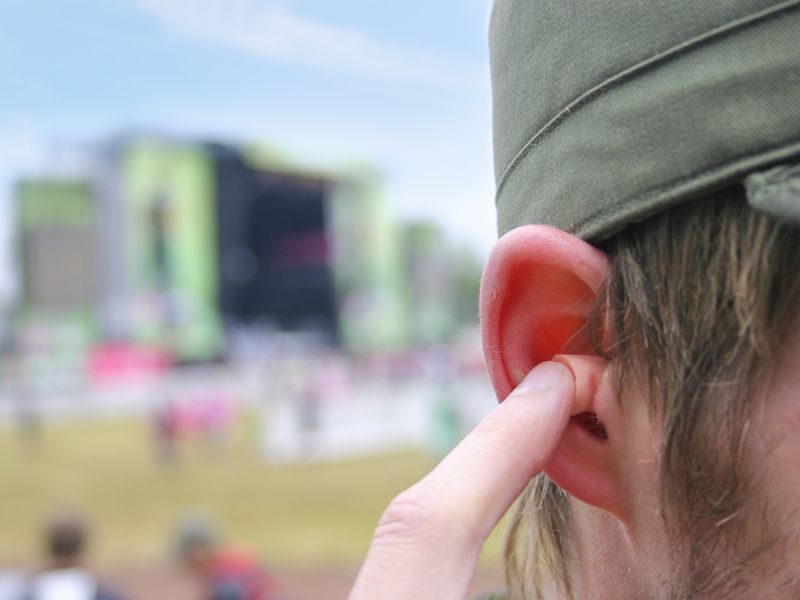
If you’re exposed to loud sounds, say using a lawnmower in your backyard, going to a venue to see your favorite band in concert, or simply sleeping in your own bed next to a snoring spouse, earplugs might be helpful. Lowering the volume is the way earplugs can help in the first two cases. In the last case, they reduce the sound levels and help save your sanity (and possibly your marriage) by letting you get a good night’s sleep. But is your hearing being harmed by these protectors?
What’s The Purpose of Wearing Earplugs?
It’s a fairly simple argument for wearing earplugs: When used properly, earplugs can help to safeguard your hearing by minimizing your exposure to excessive decibel levels. When you leave a loud place, say a football game where the announcer keeps exhorting the crowd to, GET LOUD, whenever the other team kicks off, you’ve probably observed that your hearing seems off, and you might also have symptoms of tinnitus. This happens because those super-loud sounds actually bend the small hair cells in your inner ear. In a couple of days, when the hairs have recovered, it often goes away.
But if you’re subjected to high decibels continuously, for example, if you work on a construction site or at an airfield, the audio attack on those tiny hair cells is unrelenting. Instead of bending and then recovering, the cells are permanently injured. You’ve got just about 16,000 of those little cells inside each cochlea, but up to 50% of them can be ruined or at least injured before you would see the different in a hearing exam.
Is it Possible That Your Hearing May be Harmed by Earplugs?
With all that, you’d think that using earplugs would be an obvious choice when it comes to protecting your ears. But if your exposed to loud noises on a regular basis, this seems to be even more obvious (like on the job or when your significant other snores as mentioned), headphones that decrease, but don’t completely cancel, sound or over the head earmuffs are a much better choice. Earplugs are better applicable to one-off situations like a sporting event or concert than for everyday use.
Why? For one, earwax. Your ears create wax to defend themselves, and if you’re frequently using earplugs, more earwax will be generated, and the earplugs will push it in further. This can lead to troubles like impacted earwax, which can cause tinnitus and other hearing disorders.
Ear infections can also be the consequence from too much use of earplugs. They can become bacteria breeding grounds if you use the same pair but fail to properly clean and disinfect them. Ear infections are, at a minimum, a painful irritation. But at the negative end of the scale, they can also be the cause of a loss of hearing if neglected.
How Can You Utilize Earplugs Without Risk?
Whether it’s a restful night sleep or safeguarding your hearing, there’s still a strong benefit to wearing earplugs. You just have to be certain you’re using the correct kind and using them the right way. Foam earplugs are the least expensive, which is good because you really should not use them more than once, the soft, porous material is a germ’s paradise. Don’t put silicone or wax earplugs back in until they are totally dry after using warm water to completely sanitize them. Accumulation of dampness can cause bacteria or mold so keep your earplugs in a well ventilated container.
If you need or want to wear earplugs regularly, you may want to talk to us about getting custom-made earplugs. These are crafted from unique molds of your ears, they can be reused and since they’re fitted to your ears, their comfortable. But it’s essential not to forget, good earplug hygiene can prevent hearing impairment.
